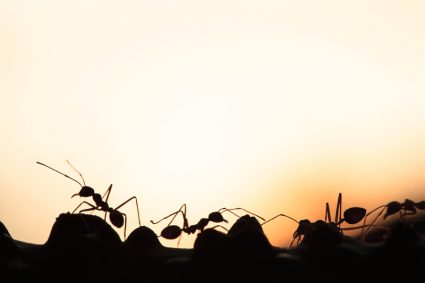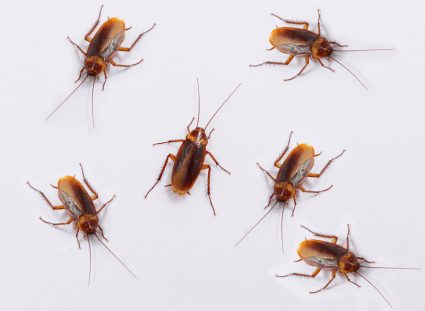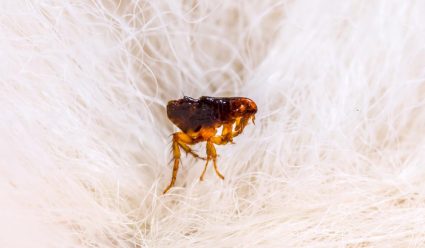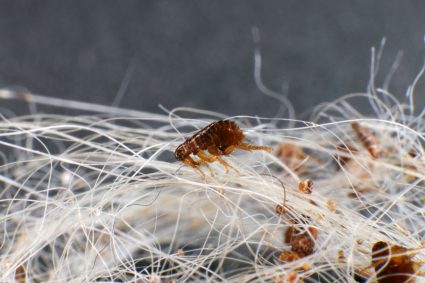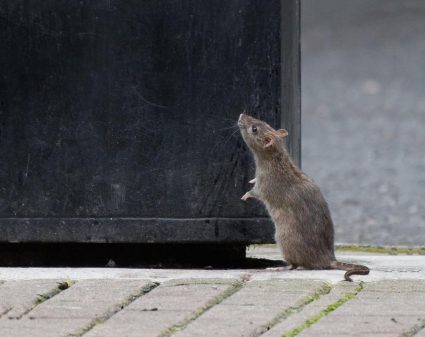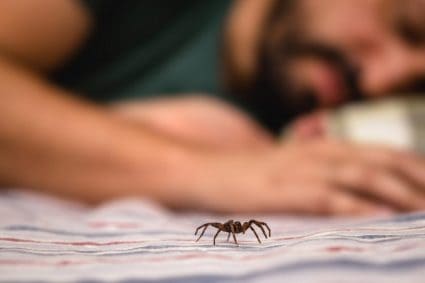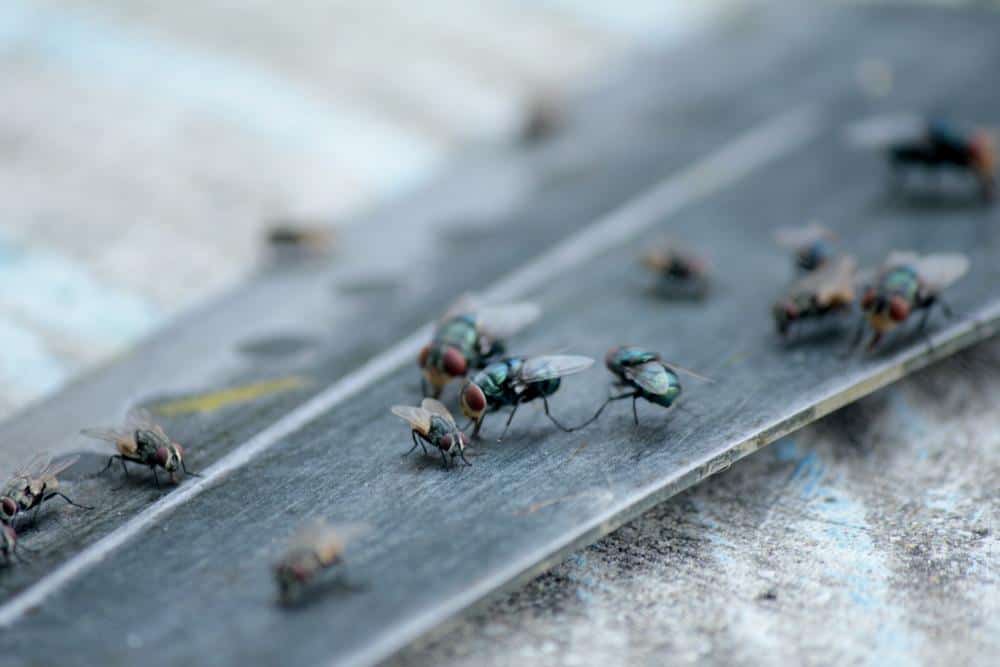
Whether you’re having a family barbecue, a picnic, or just a relaxing meal in your garden, nothing spoils an outdoor dining experience faster than the incessant buzzing of flies and wasps around your food. Not only are these insects annoying, but they can also pose a health risk due to the bacteria they carry and the potential for wasp stings. But fear not, there are several effective strategies and products you can use to keep these pesky pests at bay. This comprehensive guide will show you how to keep flies and wasps away when eating outside.
To keep flies and wasps away when eating outside, cover your food when not in use, clean up spills or crumbs immediately, and strategically place food and drinks away from high-traffic areas. Use fans to deter flies and consider using natural remedies like plants, herbs, and essential oils known to repel insects. You can also light citronella candles or use commercial bug deterrent products. If these methods fail, consider using traps, insecticides, or seeking professional help.
Understanding Flies and Wasps
Before we delve into the solutions, it’s important to understand why flies and wasps are attracted to your outdoor dining area. Flies are attracted to a mix of ultraviolet light and black shadows, with blue being their preferred color in terms of raw color. They use their sense of smell to detect ammonia, which can help them find food sources.
On the other hand, wasps are generally attracted to bright colors and floral patterns, with yellow being a color that often catches their attention. They are also attracted to sweet smells, including flowers, fruit trees, perfume, sweet foods, and chlorine.
Practical Prevention Methods
Keep Food Covered
One of the most effective ways to keep flies and wasps away is to cover your food when it’s not being eaten. Use mesh food covers, plastic wrap, or airtight containers to protect your dishes. This not only prevents the insects from landing on your food but also minimizes the smells that attract them.
Clean Up Immediately
Clean up any spills or crumbs immediately to avoid attracting flies and wasps. Make sure your outdoor garbage cans have tight-fitting lids and clean up any spilled food or sugary liquids outside.
Strategic Placement of Food and Drinks
Flies are attracted to food scraps and open containers, especially those containing sugary foods like fruits, sauces, and desserts. Wasps are attracted to meat, sweet liquids like nectars, and human food waste. To minimize the attraction of flies and wasps, it is essential to cover foods when not serving or consuming them and place trash in garbage cans away from the event.
Use Fans
Flies and smaller bugs are not strong flyers, so fans can help blow them away. Invest in one or two fans to place around the play area or dining area to create a breeze that deters these insects.
Natural Remedies
Use Plants and Herbs
Certain plants and herbs, such as basil, lavender, and lemongrass, are known to repel insects. You can place these plants around your outdoor dining area or use their essential oils in a diffuser.
Essential Oils
Apply natural bug repellents containing essential oils, such as peppermint, to your skin to repel flies. You can also create a homemade spray with water and a few drops of essential oil to spray around your dining area.
Citronella Candles
Light citronella candles or torches around your outdoor dining area. The scent of citronella is known to repel insects, including flies and wasps.
Commercial Products
There are also several commercial products available on the market designed to deter insects during outdoor dining, including electric bug traps, fly fans, citronella candles, and DEET-based bug sprays. Choose the ones that best suit your needs and preferences to create a comfortable and bug-free dining experience.
When Prevention Methods Fail
If a wasp or fly problem persists despite implementing these prevention methods, you may need to consider more aggressive control measures or seek professional help. Use traps, apply insecticides, remove and treat nests, or seek professional help if the infestation is severe.
In conclusion, keeping flies and wasps away during outdoor dining involves understanding their behaviors, implementing practical prevention methods, using natural remedies and commercial products, and knowing when to seek professional help. By following these tips, you can enjoy your outdoor meals in peace.
Frequently Asked Questions
What other plants or herbs can help repel flies and wasps?
Other plants that are known to repel flies and wasps include marigold, mint, rosemary, and thyme. Planting these around your outdoor dining area can help deter these pests.
Are there any specific types of food that attract flies and wasps?
Yes, flies and wasps are generally attracted to sweet and fermented foods. This includes fruits, sugary drinks, jams, syrups, and alcohol. They are also attracted to meat, especially if it is cooked or spoiled.
What are some signs of a severe wasp infestation?
Signs of a severe wasp infestation include seeing numerous wasps around your property, finding multiple nests, and noticing wasps entering and exiting a particular area of your home or property. If you observe any of these signs, it might be time to seek professional help.
Can I use vinegar to repel flies and wasps?
Yes, vinegar can be used to repel flies and wasps. You can make a homemade repellent by mixing one part vinegar with one part water and spraying it around your outdoor dining area. However, please note that vinegar may not be as effective as other methods mentioned in the article.
Are there any specific times of day when flies and wasps are most active?
Yes, flies and wasps are usually most active during the daytime, especially in the warmer months. They are less active in the early morning and late evening. However, this can vary depending on the species and the local climate.

